AARP Hearing Center


Jump to chapters
Chapter 11 • Chapter 12 • Chapter 13 • Chapter 14 • Chapter 15 • Chapter 16 • Chapter 17 • Chapter 18 • Chapter 19 • Chapter 20
Chapter 11
From the windows of the ornate and seldom-used living room, Jane Novak watched the stream of cars pass the house.
Today the television crew was upstairs in Betsy’s bedroom.
I mean Mrs. Powell’s bedroom, Jane thought sarcastically. Betsy had become “Mrs. Powell” to her the day she took over as housekeeper here twenty-nine years ago.
“Mr. Powell is quite traditional, Jane,” she had said. “He told me that it was fine with him if I wanted to hire you, but that it was necessary for you to refer to me that way.”
At the time, thirty-three-year-old Jane hadn’t minded. She’d been thrilled to get the job. Mr. Powell had insisted on meeting her and sent his chauffeur to bring her up for an interview. He explained that because it was such a large house, two maids from a cleaning service came in four hours a day and would work under her supervision. She would prepare the meals. If they had a dinner party, their caterers would handle it. With two maids reporting to her, instead of having to clean dressing rooms after sloppy actors, Jane could spend most of her day cooking—a joy, not a task. She couldn’t believe her good fortune.
By the time the first anniversary of working for the Powells had passed, Jane’s heartfelt gratitude for the job had evolved.
She’d fallen passionately in love with Rob Powell.
She did not for a minute believe that she would ever have the slightest prospect of his looking at her as a man looked at a woman.
Providing for his comfort, glowing at his praise for the meals she served, hearing his footsteps as he came downstairs in the morning to get Betsy’s wake-up coffee was enough. In the twenty years since Betsy’s death, Jane had been able to live the fantasy that she was married to Rob.
Whenever he said, “I’m going out to dinner tonight, Jane,” she would panic with fear and secretly look at the calendar he kept on his desk.
But women’s names appeared only occasionally, and Jane had come to believe that, at his age, there would never be another Mrs. Powell.
One day last year he had been going over his will with his lawyer, who was also his close friend, and didn’t put it away when they went outside to play on the golf course.
Jane had flipped to the end of the will and found what she was looking for—the bequest to her: three hundred thousand dollars for a condo in Silver Pines, the fifty-five-plus community where he knew Jane had formed a few friendships with residents she had met at her church. And an income of one thousand dollars a week for the remainder of her life.
Reading that made Jane’s worship of Robert Powell even deeper.
But this program would start trouble. She knew it. Let sleeping dogs lie, she thought as she watched rubberneckers pass the house.
Jane shook her head and turned from the window and realized that the producer, Laurie Moran, was standing in the doorway.
“Oh,” Jane said, startled out of her usual reserve.
Laurie sensed the housekeeper’s resentment at her presence. “Oh, Ms. Novak, I’m sure you must be sick of us being here already, but I don’t want to disturb Mr. Powell. I have just one question.”
Jane managed to smooth her expression. “Of course. What is it, Ms. Moran?”
“Mrs. Powell’s bedroom is exquisite. Were the drapes and spread and carpet replaced after she died, or were they here the night of the murder?”
“No, Mrs. Powell had just had a decorator redo the room, then didn’t like the effect. She said the colors were too bold.”
The waste, Jane thought, not allowing herself to shake her head. The absolute waste of money.
“She’d ordered new draperies and a new headboard and a new carpet. After she died, Mr. Powell had them installed to honor her wishes. It’s exactly as you see it now.”
“It’s beautiful,” Laurie said sincerely. “Is it ever used?”
“It is never used,” Jane said. “But it is always kept fresh. You’ll never see the silver brush and comb on the dressing table not looking polished. Even the towels in her bathroom are replaced regularly. Mr. Powell wanted her room and bath to always look as if she were about to open the door and come in.”
Laurie couldn’t resist asking, “Does he spend much time in her room?”
Jane frowned. “I don’t think so, but that’s the kind of question I think you should ask Mr. Powell.”
Now the disapproval was evident in the housekeeper’s expression and tone of voice.
Oh boy, Laurie thought. I’d really hate to cross this one. “Thank you, Jane,” she said soothingly. “We’re all leaving now. We won’t be back over the weekend. We’ll see you Monday morning. And let me reassure you we will absolutely be finished on Wednesday after lunch.”
It was nearly noon, which meant Robert Powell expected the crew from the production company to clear out. It was also a Friday, the day he worked from home. He had been in his office with the door closed since they’d arrived.
THREE DAYS, LAURIE THOUGHT LATER THAT DAY in her office as she went over her notes with Jerry and Grace, who were with her every day of the shoot in Salem Ridge.
It was Grace who voiced what all three of them were thinking. “That place is gorgeous,” she said. “In one way it makes me never want to come home to my five-story walk-up apartment that’s not big enough to take three steps in without bumping into a wall.” She paused, her expressive eyes even more mascaraed than usual, then finished, “On the other hand, it gives me the creeps. My grandmother used to say that a pigeon flying into the room was a sign of death coming to the house. Laurie, were you in Betsy Powell’s bedroom today when a pigeon was flying around outside, trying to find a way to get in?”
“Oh, come on,” Jerry said. “Grace, that’s a stretch even for you.”
Of course it’s a stretch, Laurie told herself.
She was not about to admit to Grace and Jerry that the magnificent home where Betsy Powell had died also gave her the creeps.
Chapter 12
At noon on Sunday Josh picked up the first arrival, Claire, at the Westchester Airport. Although she knew Josh, who had been hired shortly before Betsy’s death, she gave him only a brief hello and did not engage in any conversation with him. As he drove her to the Westchester Hilton, she reflected on the plans for the next three days. On Monday they would meet for the first time over breakfast. They would be free for the rest of the day to reacquaint themselves with the house and the grounds. The individual interviews would take place on Tuesday. They had all agreed to sleep at the house Tuesday night in the same rooms they had been in twenty years earlier. Wednesday morning would be Robert Powell’s interview, followed by their being photographed at the luncheon table. They would then be driven to their departing flights.
“While we are certainly aware of how painful this will be for all of you, by your willingness to appear on the program, you each are making a forceful statement to clear your names,” was the conclusion of Laurie’s letter.
Clear our names! Claire Bonner thought bitterly as she checked into the Westchester Hilton.
She was wearing a light-green summer pantsuit she had bought at an expensive boutique in Chicago. In the three months since the first letter had come from Laurie Moran, she had let her hair grow and had lightened it so that now it was a shining mane around her shoulders. But today she had it tied in a ponytail with a scarf over her head. She had also practiced using makeup, but was wearing none today. With makeup and hair combed as her mother had worn it, she knew she bore a startling resemblance to her. She did not want Josh to see that resemblance and tell Powell until she met with him face to face.
“Your suite is ready, Ms. Bonner,” the clerk said, and waved to the bellman. Claire caught the long glance he gave her and the hint of excitement in his voice.
Why not? It would be almost impossible to miss all the newspaper articles about the upcoming program. The gossip magazines were having a field day digging up everything they could find about Betsy Bonner Powell. USHERED TO A FATAL NEW LIFESTYLE was a particularly grating one that had appeared on the front page of the Shocker, a sensational weekly. The article detailed the first meeting of Betsy Bonner and Robert Powell. Betsy had taken her daughter, Claire, to lunch at a restaurant in Rye for her thirteenth birthday. Robert Powell, a widower, had been seated across the room with Claire’s friend Nina and her mother. As Betsy and Claire were leaving, Nina had called to them. They walked over to Powell’s table, where Nina introduced Betsy and Claire to the Wall Street hedge fund multimillionaire.
“The rest is, as they say, history,” was the trite introduction to the final columns of that story. Robert Powell claimed it was love at first sight. He and Betsy Bonner were married three months later.
“Actress Muriel Craig put up a brave front, but insiders say she was furious and blamed her daughter, Nina, for making it a point to call out to Claire in the restaurant.”
I know that’s true, Claire thought as she followed the bellman to the elevator. Poor Nina.
The suite consisted of a large bedroom and living room, a full bath, and a powder room furnished in pastel shades. It was both attractive and restful.
Claire tipped the bellman, phoned room service, and unpacked her one suitcase. It contained the three outfits she had selected to bring with her, as well as her supply of new cosmetics.
In one of her e-mails, Laurie Moran had requested Claire’s size and height, saying that she would have wardrobe changes available.
Wardrobe changes! Claire had thought when she read the e-mail. Why on earth would I need changes? But then she had understood. Moran would provide gowns similar but not identical to the ones they had worn twenty years ago at the Gala.
They would reenact a few of the scenes in the films, like the one of the four of them clinking glasses or with arms around one another, posing for the cam- eras. And individually being questioned by the police.
I know I look good, Claire thought. Now I’m so like my dear mother.
A light tap at the door told her that room service had arrived with the chicken salad and iced tea she had ordered.
But as she nibbled at the salad and sipped the tea, Claire realized that she was not as brave as she had thought.
Something was telling her not to go forward with her plan.
Just nerves, she tried to reassure herself. Just nerves.
But it was more than that.
Like a drumbeat in her head, her inner voice was saying, Don’t do it. Don’t do it. It is not worth the risk!
Chapter 13
It had been a long trip from Cleveland to Westchester Airport. A heavy rainstorm had caused their plane to sit on the tarmac for two hours, and even though they were flying on a small private jet, there was little space to move around. This made it very difficult for Rod’s back. At one point, she suggested they just forget the whole thing.
“Alie, this is your chance to get the degree you always wanted. Between Powell and the production company, you’ll net three hundred thousand dollars. It will pay for medical school and all the other expenses, but every cent counts. You know how desperately you have always wanted to be a doctor and then go into medical research,” Rod had said in refusal.
Even if I can commute to school, I will have to be studying all the time. Where does that leave Rod? Or if I have to go away to school, does he leave his job at the pharmacy and come with me but then have nothing to do? she wondered. But if that happens, then the pharmacy loses both him and me, and we have to hire two new people. I don’t know how that’s going to work. It was three o’clock by her wristwatch when they landed in Westchester. By then Rod’s expression was sufficient proof of the pain he was in. After he hobbled on crutches from the cabin to his waiting wheelchair, Alison bent over him and whispered, “Thank you for making this trip.”
He managed a smile as he looked up at her.
Mercifully the driver, a ruddy-faced man of about fifty with the build of an ex-boxer, was waiting for them in the terminal. He introduced himself to them. “I’m Josh Damiano, Mr. Powell’s chauffeur. He wanted to be sure you had a comfortable ride from the airport to your hotel.”
“How kind of Mr. Powell.” Alison hoped that the contempt she felt did not show. Now that they were back in New York, a kaleidoscope of memories was flooding her mind. Neither one of them had been in New York in fifteen years. That was when the doctors had told Rod there would be no more operations.
By then their money was gone and Rod’s family was taking out loans to support them, but Alison had managed to take the necessary courses at night for a year and get her license as a pharmacist. They had gratefully seized the opportunity to go to Cleveland and work in his cousin’s pharmacy.
I loved New York, she thought, but I was happy to get away from it. I always thought that the minute people saw me, they wondered whether I’d killed Betsy Bonner Powell. In Cleveland, for the most part, we have lived quietly.
“There are benches near the doors,” Damiano said. “Let me get you settled comfortably and go for the car. I’ll try not to be too long.”
They watched as he collected the luggage from the pilots. He was back for them within five minutes. “The car’s right outside,” he said as he helped Rod with his wheelchair.
A shiny black Bentley was waiting at the curb.
When Damiano helped Rod out of the wheelchair and into the backseat, Alison felt her heart wrench.
He’s in so much pain, she thought, but he never complains, and he never talks about the football career he would have had . . .
The big car began to move. “The traffic’s light,” Damiano told them. “We should be at the hotel in about twenty minutes.”
They had chosen to stay at the Crowne Plaza in White Plains. The town was near enough to Salem Ridge, but far enough away from the hotels where the other three childhood friends who were on the program were staying. Laurie Moran made sure of that.
“You two okay?” Damiano asked them solicitously. “I’m very comfortable,” Alison assured him as Rod murmured his assent.
But then Rod leaned over and whispered, “Alie, I was thinking, when you’re on camera, not a word about sleepwalking and possibly being in Betsy’s room that night.”
“Oh, Rod I never would,” Alison said, horrified.
“And don’t volunteer that you’re hoping to go to med school unless they ask. It will remind everyone how disappointed you were when you didn’t get the scholarship to medical school, and how furious you were that Robert Powell got the dean to throw it to Vivian Fields.”
The mention of her heartbreak the day of her graduation from college was enough to make Alison’s face contort with pain and rage. “Betsy Powell was trying to get into the Women’s Club with the top-of-the-line socialites, and Vivian Fields’s mother was the president of it. And of course Powell had leverage—he’d just donated a dormitory to the college! The Fieldses could have afforded to pay Vivian’s tuition one hundred times over. Even the dean looked embarrassed when he called out her name. And then he muttered something about Vivian’s academic brilliance. Right! She dropped out in her second year. I could have scratched Betsy’s eyes out!”
“Which is why if they ask you what you’ll do with the money, just say that we’re planning to take a round-the-world ocean cruise,” Rod counseled.
GLANCING INTO THE REARVIEW MIRROR, JOSH Damiano observed Rod whispering something to his wife and watched her shocked reaction and how upset she instantly became. He could not hear what they were saying, but he smiled inwardly.
It doesn’t matter whether I can hear them, he thought. The recorder picks up everything that’s said in this car.
Chapter 14
Regina Callari’s initial response upon learning that, between Fisher Blake Studios and Robert Powell, she would net three hundred thousand dollars for appearing in the program was one of relief and elation.
The crushing burden of living paycheck to paycheck, which translated to house sale to house sale in a terrible real estate market, had been lifted from her shoulders.
It almost gave her that warm, secure feeling she had felt in early childhood, until the day she found her father’s body hanging in the garage.
Over the years she had had the same dream about her early life. In it, she woke up in her big bedroom, with the pretty white bed that had a spray of delicate pink flowers painted on the headboard, the night table, the dresser, the desk, and the bookcase. In the dream she could always vividly see the pink-and-white bedspread, the matching draperies, and the soft pink rug.
After her father’s suicide, when her mother realized how little money they had, they had moved to a three-room apartment, where they shared a bedroom.
Her mother, who loved fashion, had gotten a job as a personal shopper at Bergdorf Goodman, where she had once been a valued customer. Somehow they’d gotten by, and Regina had proudly graduated from college on a financial-aid scholarship.
After Alison’s wedding and all the gossip about Betsy’s death, I moved to Florida to escape, Regina thought as she boarded the plane in St. Augustine. Some escape. Put it aside, she told herself. Don’t keep dwelling or you’ll drive yourself crazy.
A few hours earlier she had seen Zach off on his backpacking trip to Europe. He was meeting his group in Boston, and they were flying to Paris tonight. Regina settled comfortably in the small private plane and helped herself to a predeparture glass of wine.
She smiled briefly at the memory of the visit she and Zach had just shared.
When he had arrived home from college two weeks earlier, she had put a CLOSED FOR VACATION sign up on the front door of the office and announced to Zach that they were going on a vacation together—a cruise through the Caribbean.
The closeness between them that she was so afraid was lost had been regained—even magnified—on that trip.
Zach purposely said little about his father and step- mother, but once she asked, he told her everything.
“Mom, I knew when Dad made money, lots of money, he should have given you more. I think he would have, except he was afraid of Sonya’s reaction. She has a really bad temper.”
Zach’s father was writing the songs that made him rich when we were married, but the first one didn’t sell until a year after we were divorced. I couldn’t afford a lawyer to prove that he wrote it when he was married to me, Regina had thought bitterly.
“I think he regrets marrying Sonya,” Zach had told her. “When they have an argument, the decibel level goes through the roof.”
“I love it,” Regina remembered telling Zach.
She warmed at the memory of Zach’s compliments about her twenty-pound weight loss. “Mom, you look so cool,” he’d said, more than once.
“I worked out at the gym a lot these past two months,” she told him. “I realized that I’d gotten out of the habit of going there regularly.”
On the cruise he asked her about her parents. “All you ever really told me was that Grandpa committed suicide because he had made some bad investments and was broke, and that Grandma was planning to live in Florida when she retired, but died in her sleep only a year after you moved here,” he said.
“She never got over losing my father.”
Zach looks so much like my father, Regina thought now as the plane took off. Tall, blond, and blue-eyed.
The last night they were at dinner on the cruise Zach asked her about the night Betsy died. He had overheard his father telling Sonya all about it and had googled it.
Regina had then told him about the note.
Was I wrong to tell him about it? she wondered now. I needed to talk to someone about it. I was always worried I had made a mistake by not showing it to my mother.
Don’t dwell on it, Regina thought as she helped herself to a second glass of wine.
It was eight o’clock when she landed at Westchester. The driver who met her introduced himself as Mr. Powell’s chauffeur, Josh Damiano. He told her that Mr. Powell wanted to ensure her comfort.



























































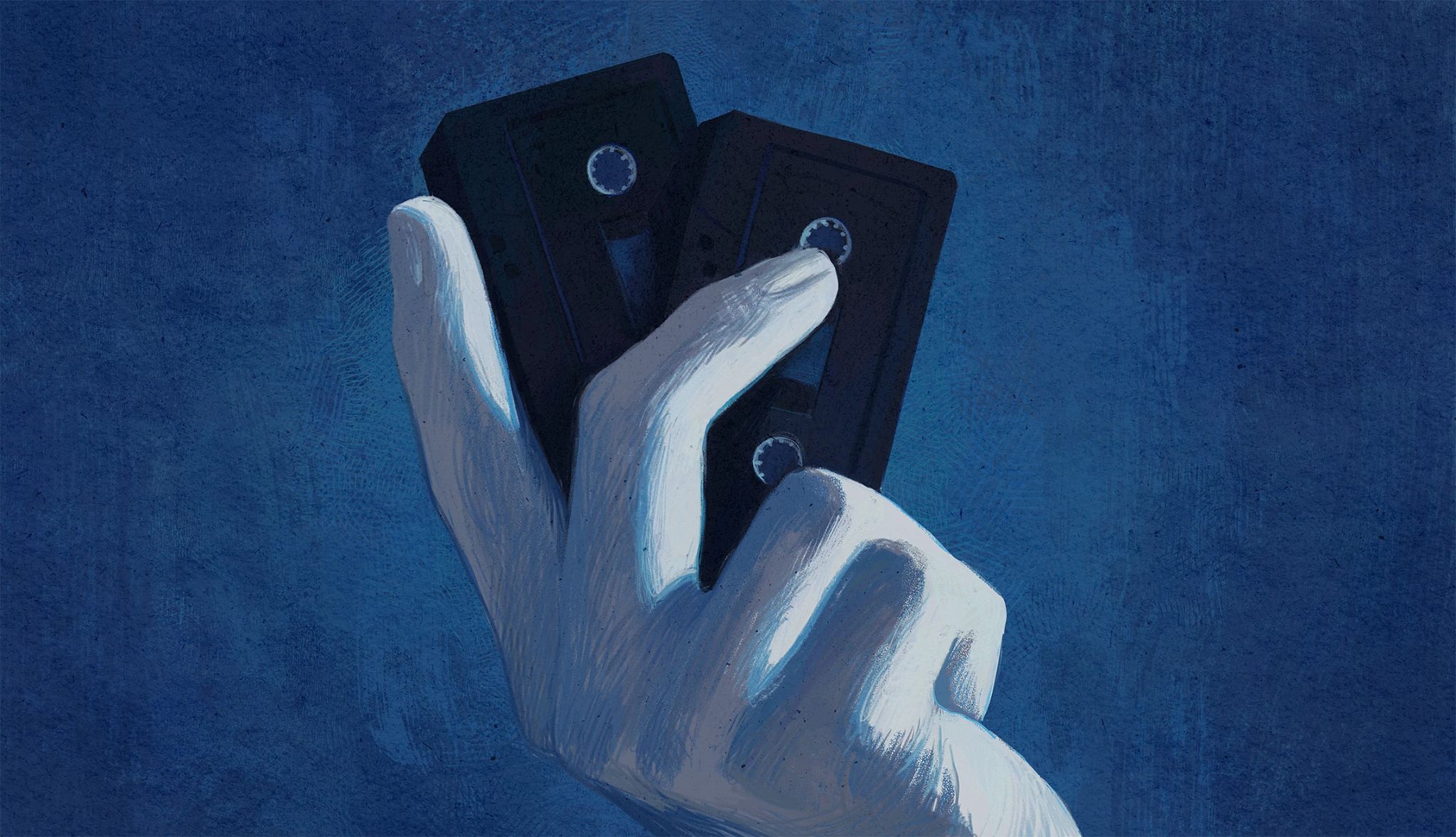
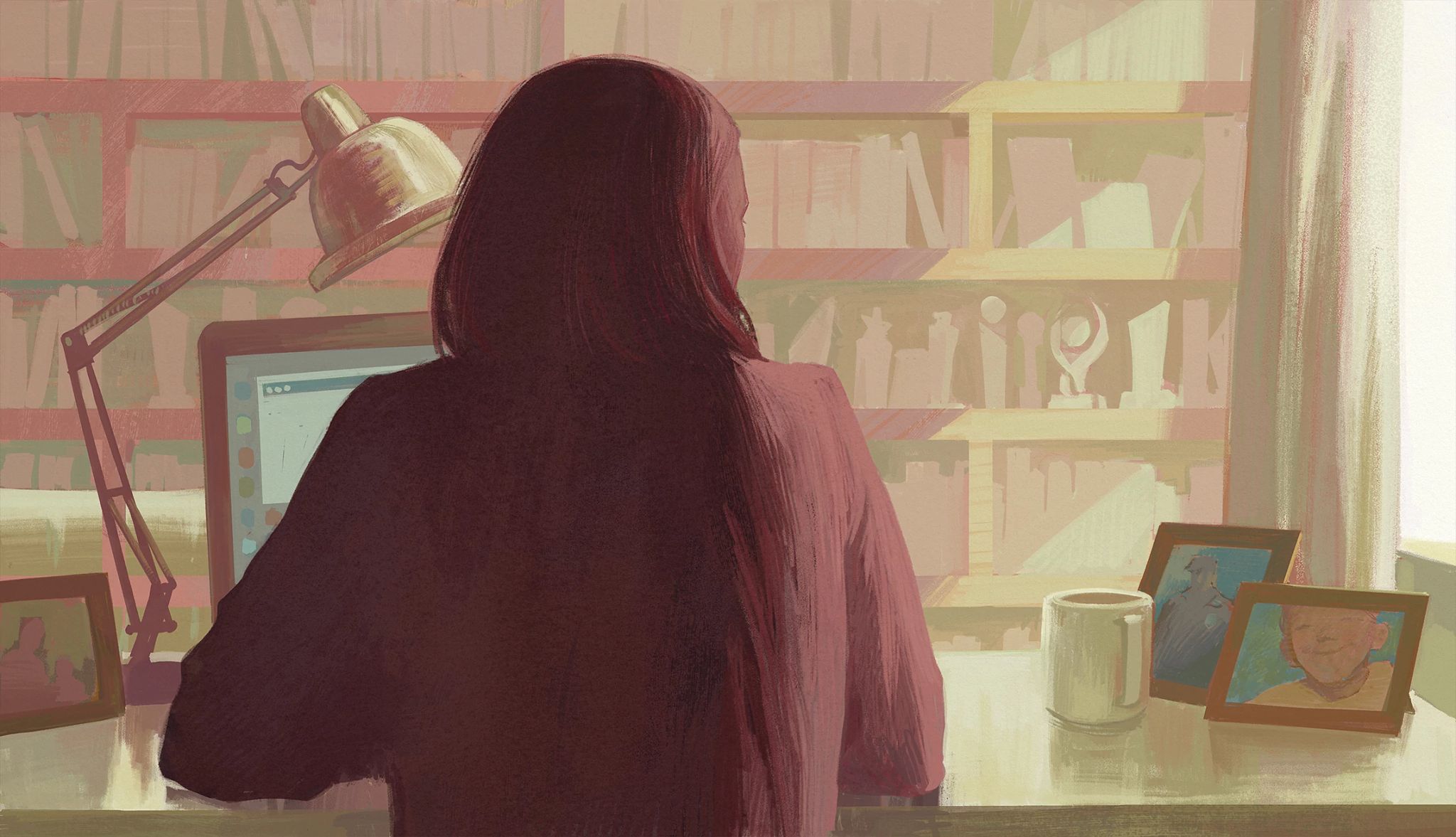
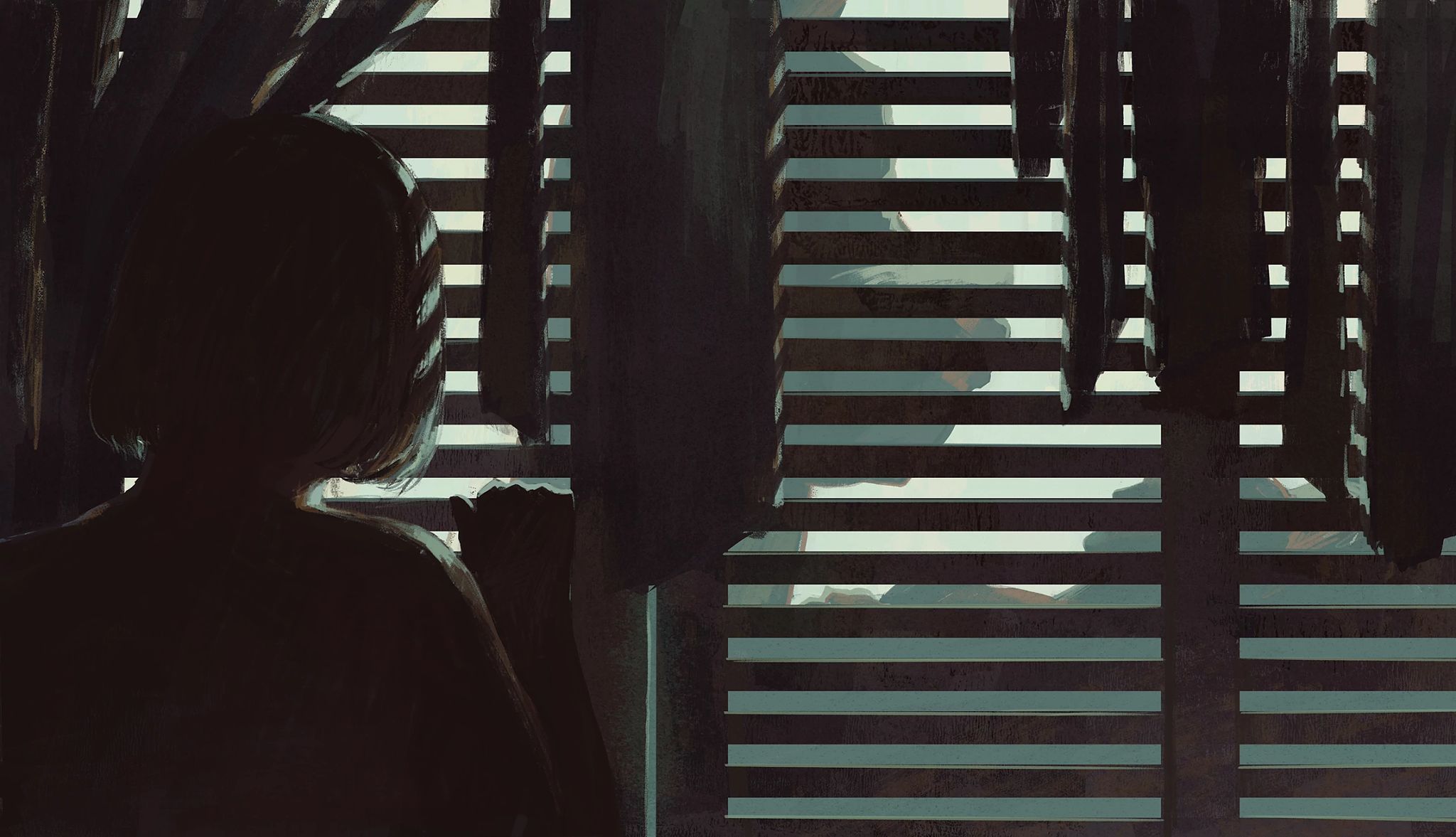
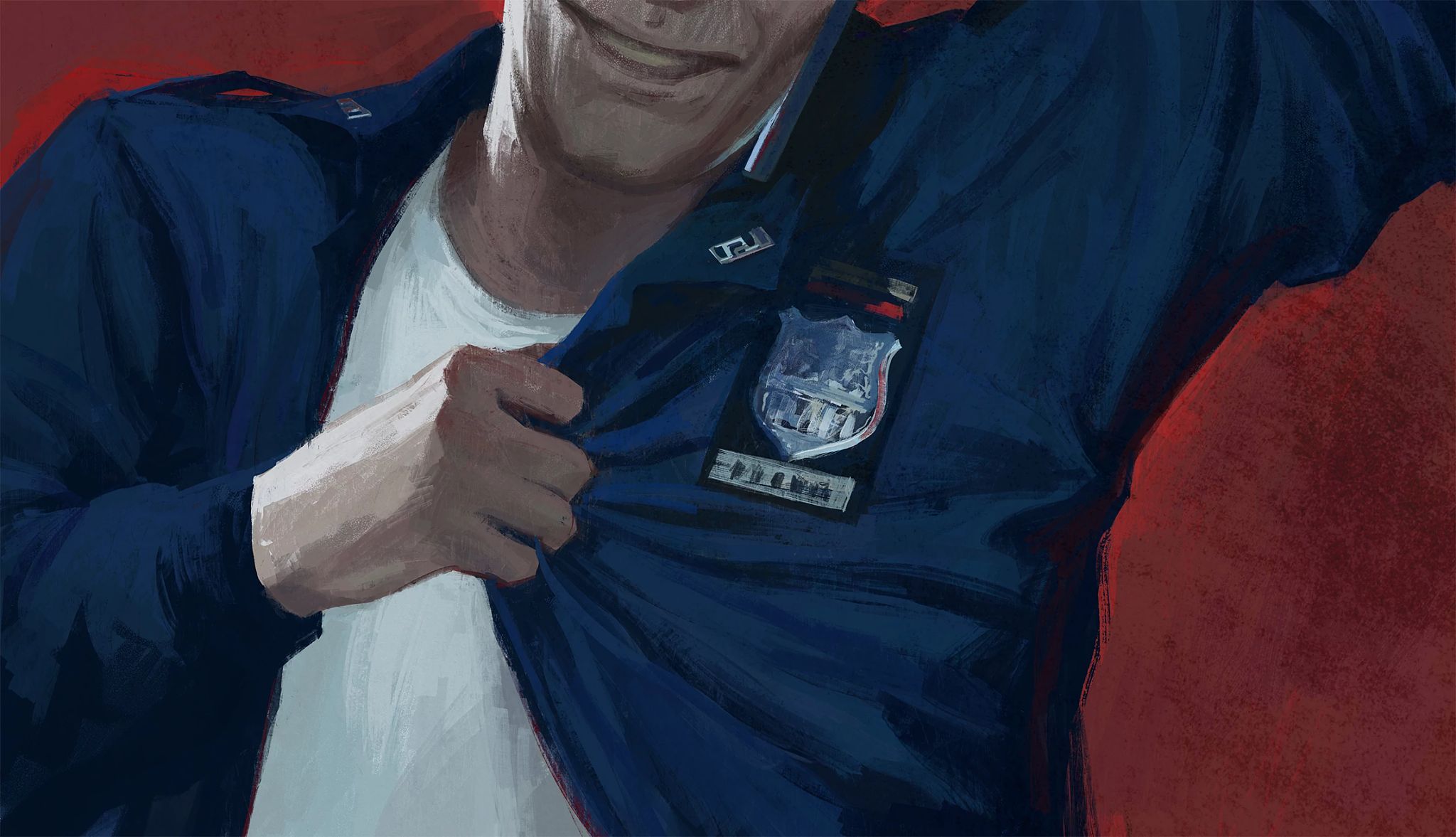
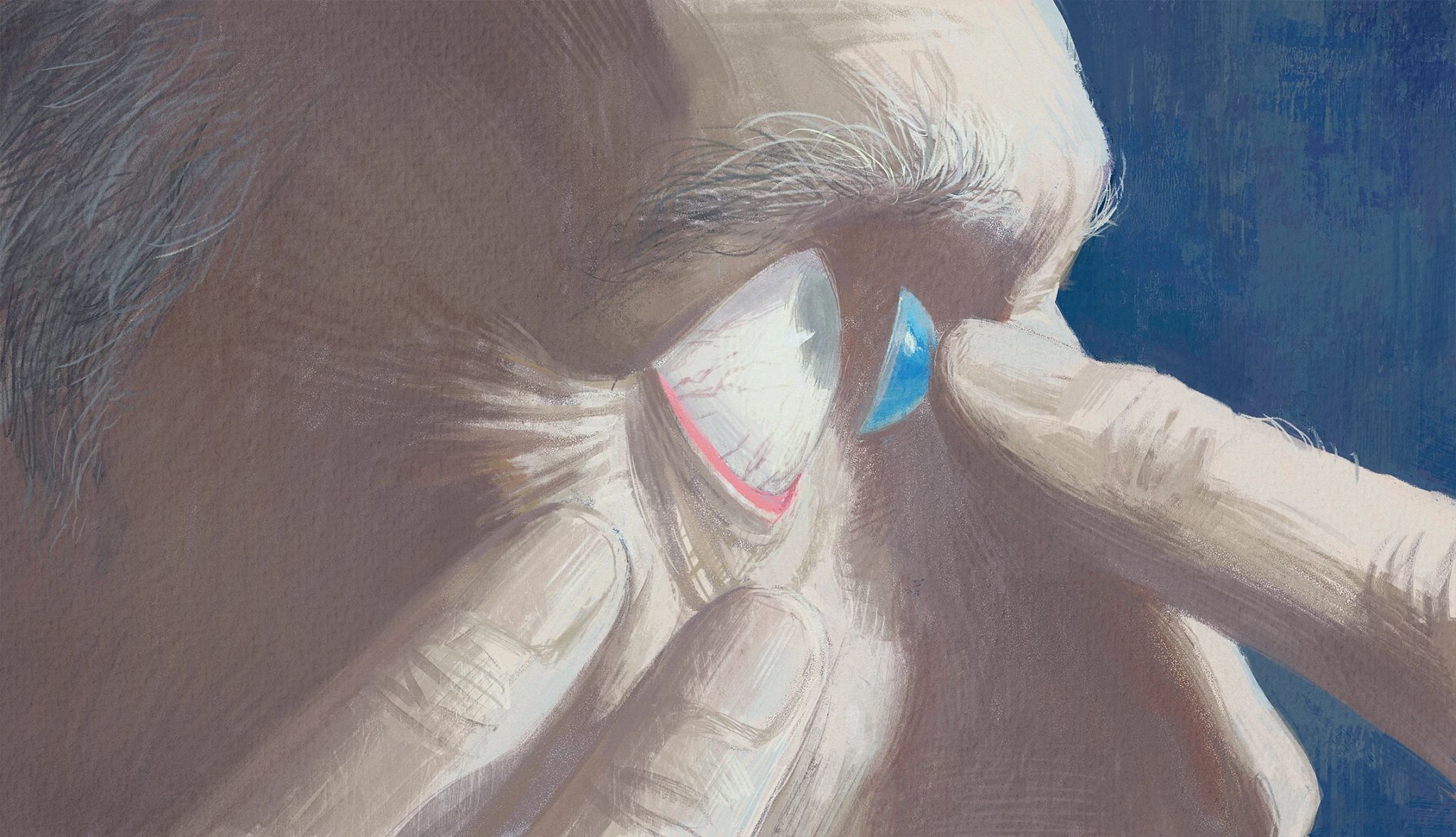
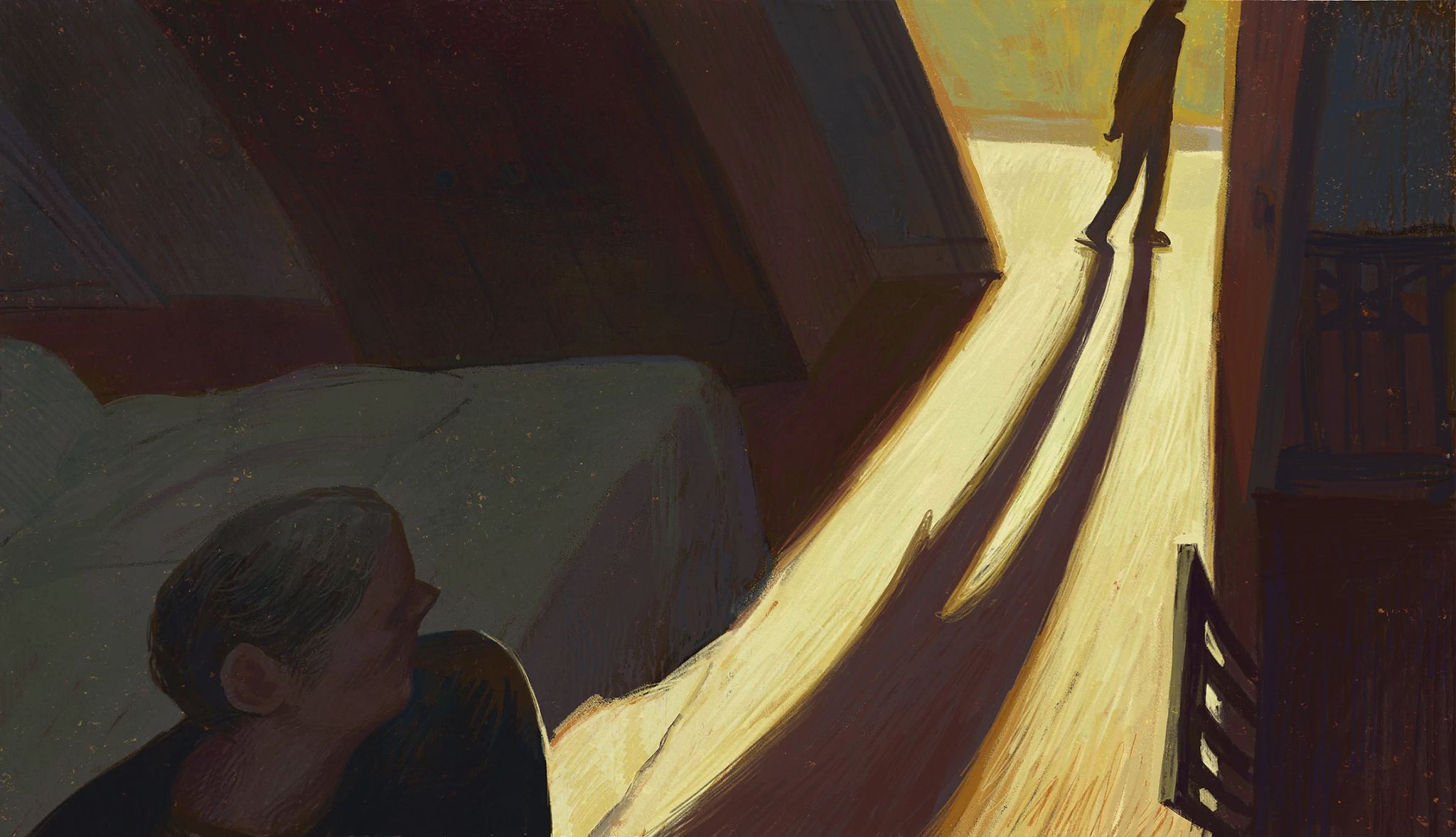
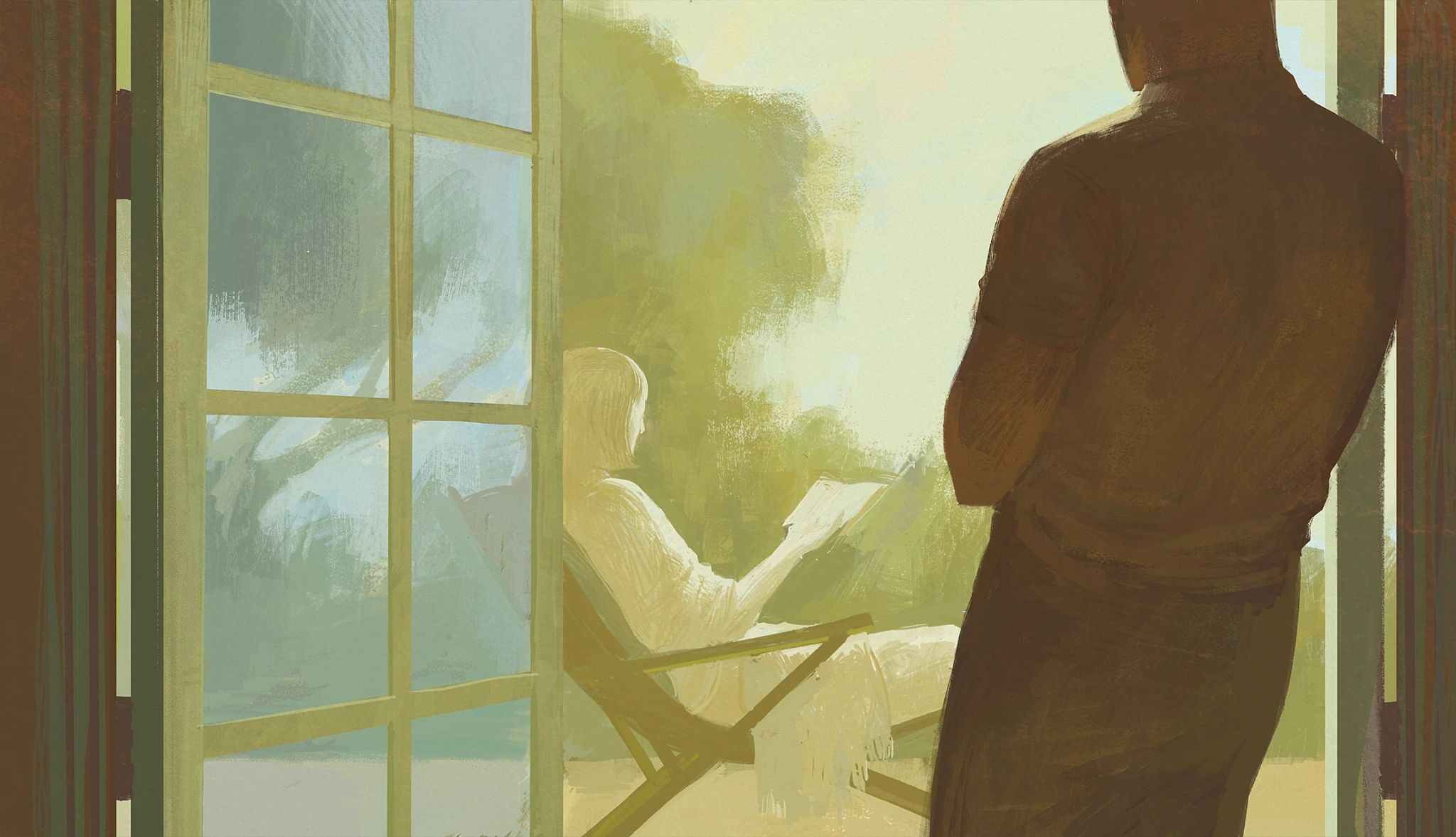
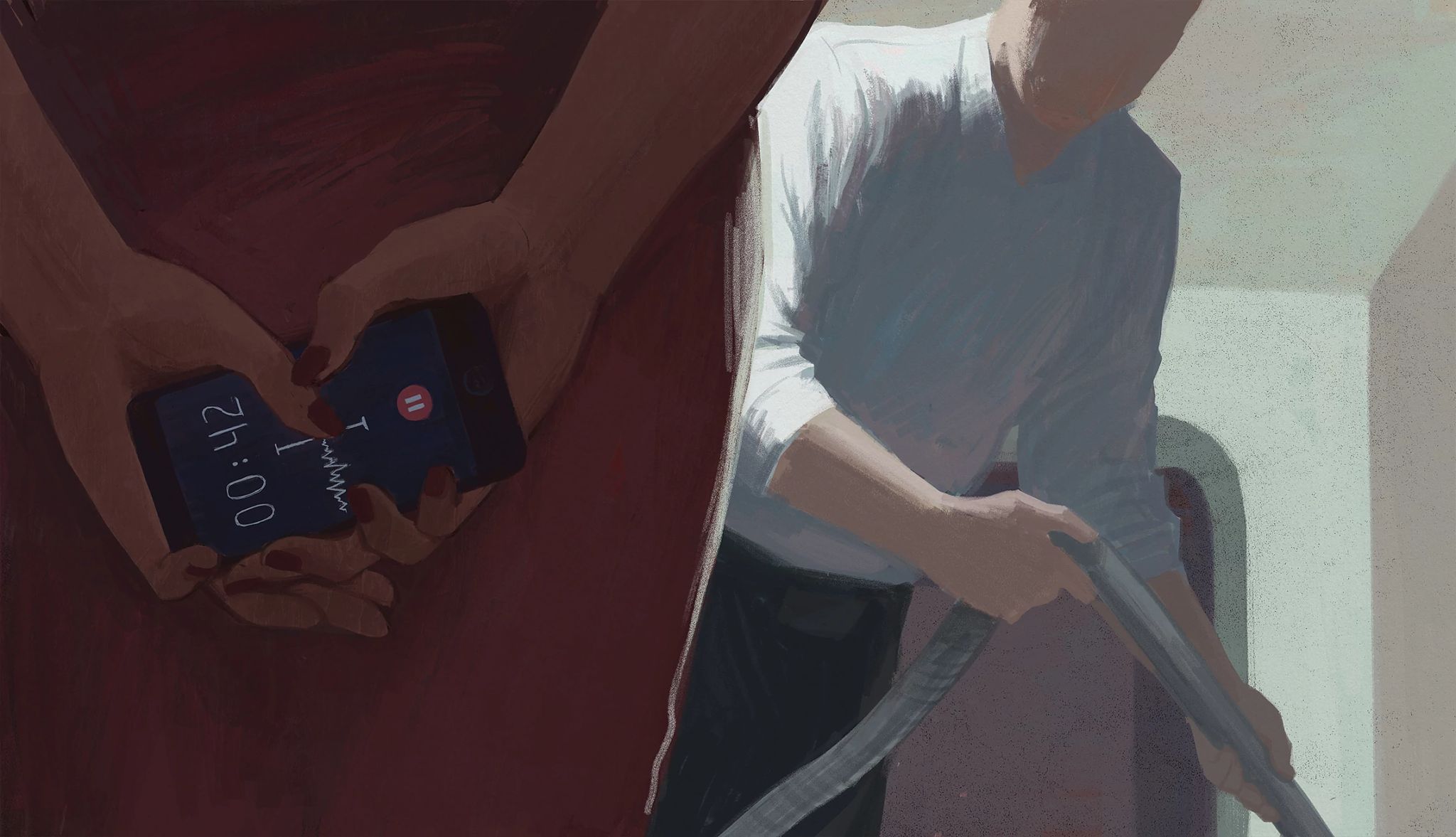
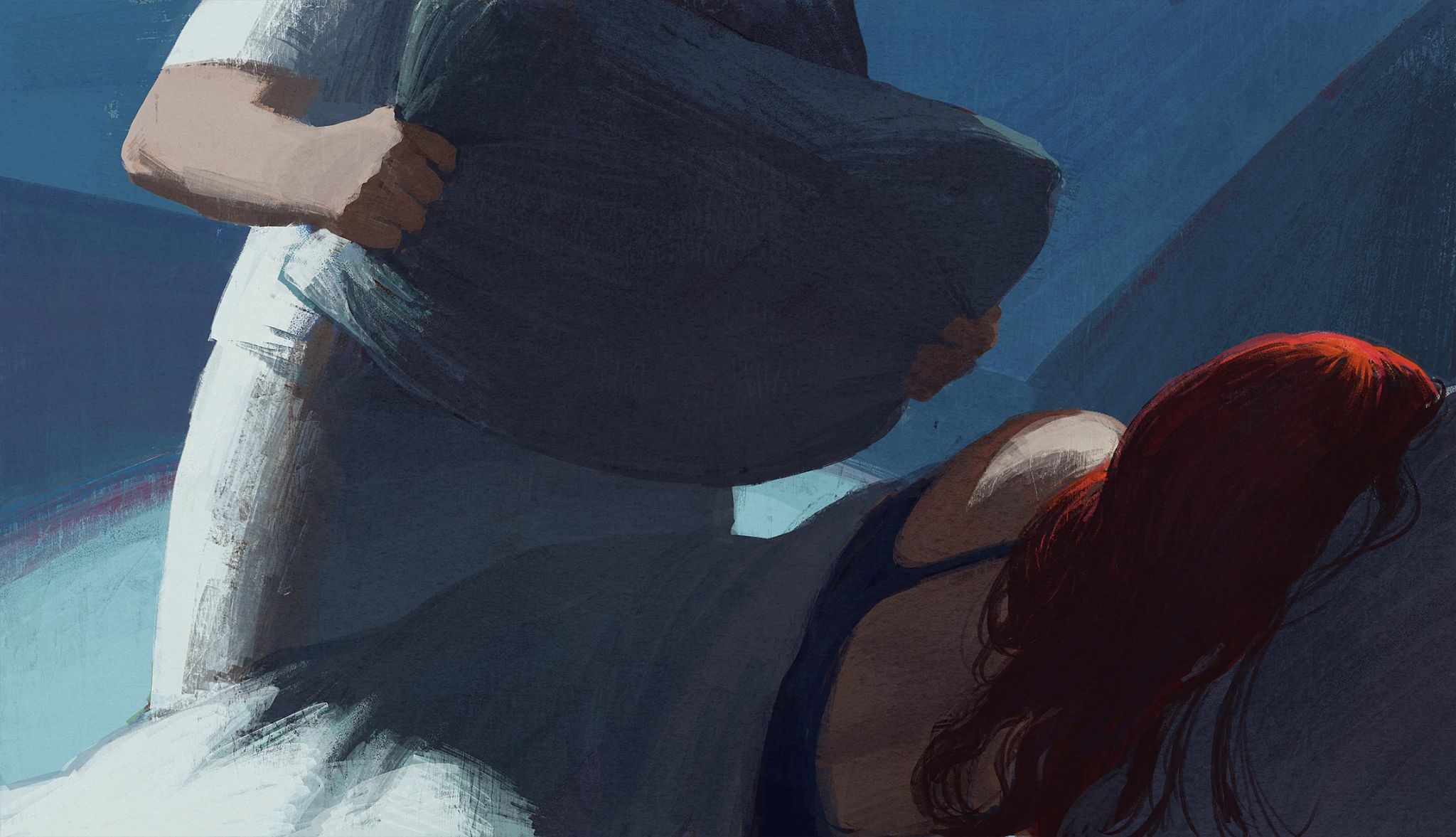




You Might Also Like
Alafair Burke on the Delights of Co-Writing With Mary Higgins Clark
How the two mystery novelists created the celebrated Under Suspicion series and forged a beautiful writing friendship
Free: James Patterson's Novella ‘Chase’
When a man falls to his death, it looks like a suicide, but Detective Bennett finds evidence suggesting otherwise
More Free Books Online
Check out our growing library of gripping mysteries and other novels by popular authors available in their entirety
AARP Members Edition
Your daily source for candid takes on life, guides to living well, tips for saving money, inspiring travel and much more
Recommended for You